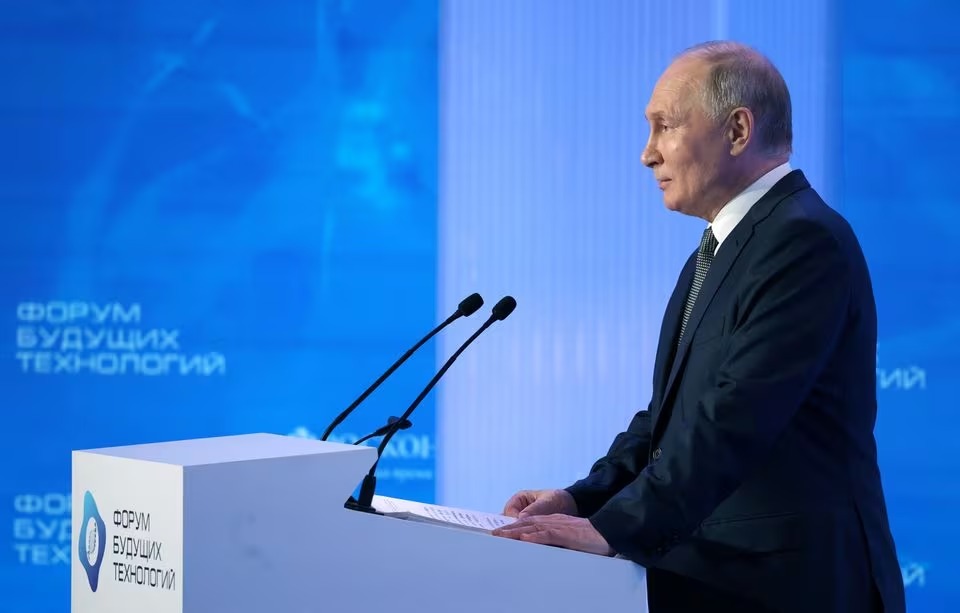In a groundbreaking announcement on Wednesday, Russian President Vladimir Putin revealed that Russian scientists are on the brink of a major breakthrough in cancer vaccine research.
Speaking at a Moscow forum on future technologies, Putin declared that the development of “cancer vaccines and immunomodulatory drugs of a new generation” is nearing completion, raising hopes for a revolutionary advancement in cancer treatment.
“We have come very close to the creation of so-called cancer vaccines and immunomodulatory drugs of a new generation,” Putin stated in televised remarks. “I hope that soon they will be effectively used as methods of individual therapy.”
While Putin did not provide specific details regarding the types of cancer targeted by these proposed vaccines or the precise mechanisms by which they operate, his announcement has generated significant interest and excitement within the medical community.
The prospect of effective cancer vaccines represents a monumental step forward in the ongoing battle against one of the world’s deadliest diseases. Cancer remains a leading cause of mortality globally, with millions of lives lost each year to various forms of the disease.
The development of vaccines capable of preventing or treating cancer could potentially save countless lives and significantly improve patient outcomes.
Putin’s announcement comes amidst a flurry of activity in the field of cancer vaccine research, with numerous countries and companies investing resources into this promising area of medical science.
Last year, the UK government signed an agreement with Germany-based BioNTech to launch clinical trials for personalized cancer treatments, with the ambitious goal of reaching 10,000 patients by 2030.
Meanwhile, pharmaceutical giants Moderna and Merck & Co. are also making strides in the development of experimental cancer vaccines.
A mid-stage study conducted by these companies demonstrated promising results, showing that their vaccine reduced the risk of recurrence or death from melanoma – the most deadly form of skin cancer – by half after three years of treatment.
The global race to develop effective cancer vaccines reflects the urgent need for innovative solutions to combat this pervasive disease.
The potential impact of successful vaccine development cannot be overstated, offering hope to millions of individuals affected by cancer and their families.
While Putin’s announcement represents a significant milestone in the quest for effective cancer treatments, further research and clinical trials will be necessary to fully understand the efficacy and safety of these vaccines.
Nevertheless, the prospect of harnessing the body’s own immune system to target and destroy cancer cells represents a promising avenue for future therapeutic interventions.
As efforts to develop cancer vaccines continue to progress, the world watches with anticipation, hopeful for a future where cancer is no longer a deadly threat but a conquerable adversary.
This article was created using automation technology and was thoroughly edited and fact-checked by one of our editorial staff members
